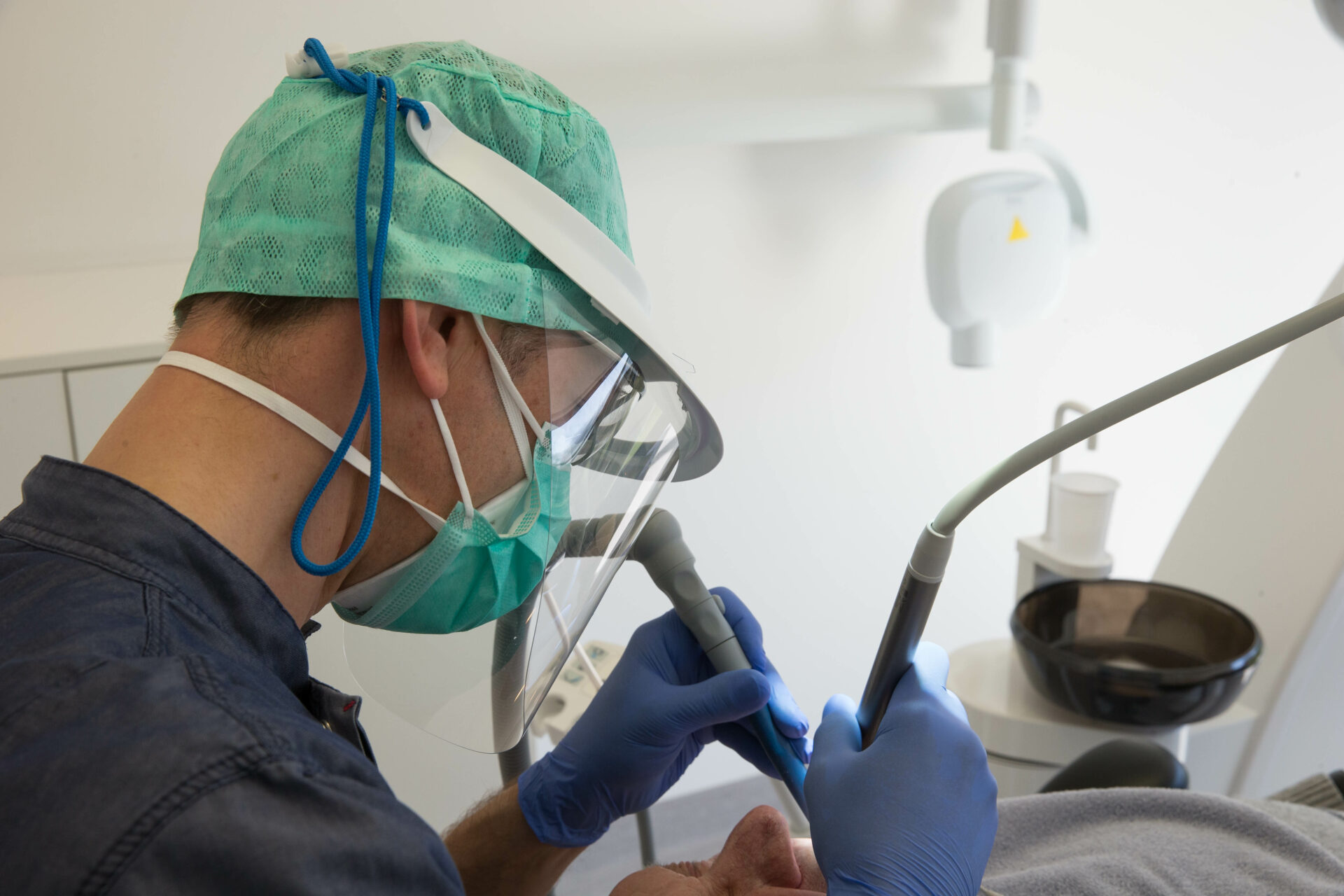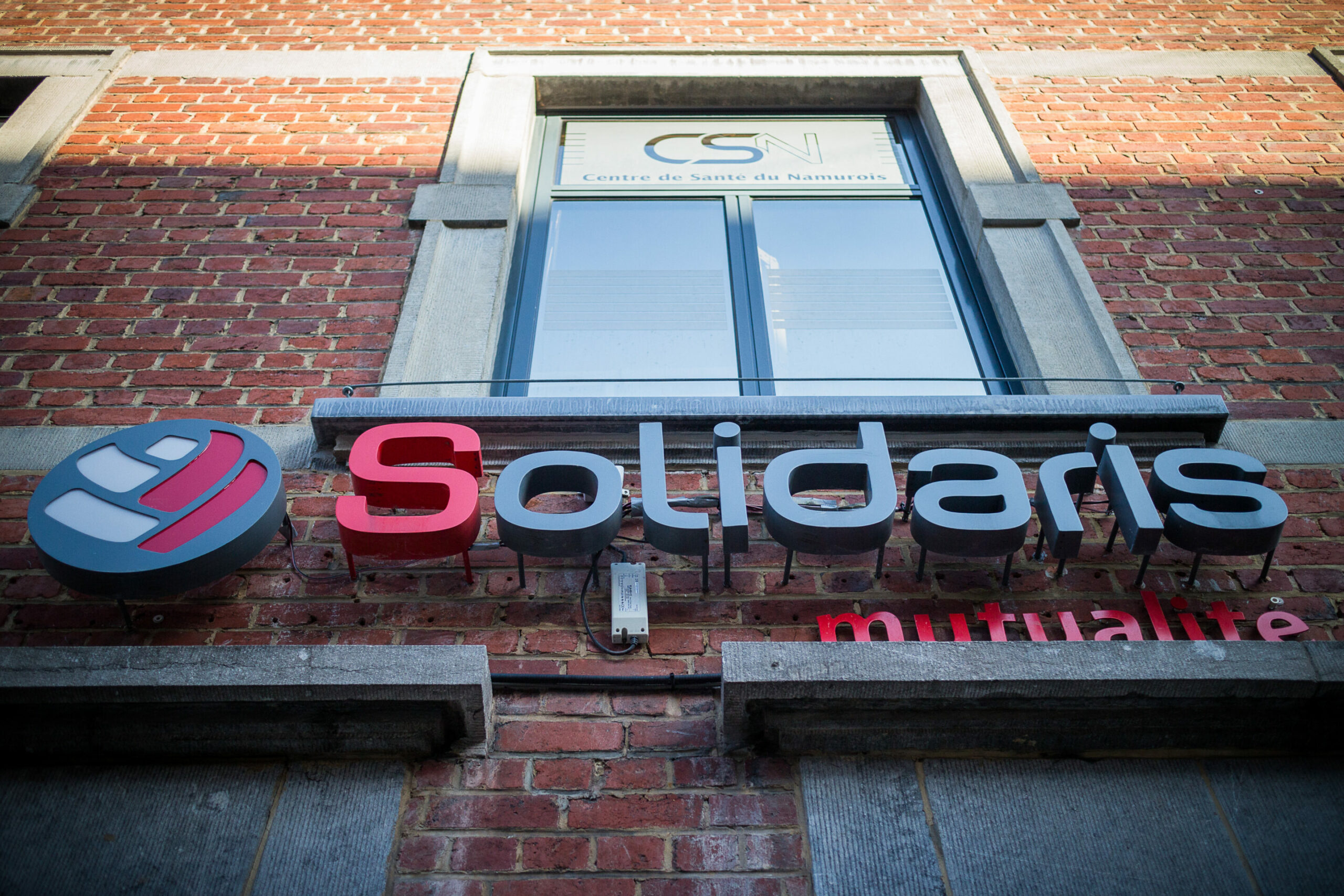Belgium has one of the world’s most sophisticated healthcare services, but signing up with a health insurance fund is mandatory to benefit from it. Find out the various options, how much it costs and how to sign up.
The first few weeks after moving to Belgium can be overwhelming, from moving country and starting a new job to sorting administrative business such as registering with a commune and opening a bank account. Another important part of life in Belgium that should be sorted out sooner rather than later is to join a health insurance fund ('mutualité' in French and 'ziekenfonds' in Dutch).
Everyone over the age of 25 in Belgium (or under 25 and working or receiving benefits) must have health insurance and must therefore join a recognised mutual health insurance fund. It forms an essential element of the country’s mandatory social security structure. Joining is compulsory because all residents of Belgium contribute to this insurance.
People working for an EU institution or an international organisation based in Belgium are generally not subjected to the Belgian system in terms of social security and taxation. They and members of their family are covered by the Joint Sickness Insurance Scheme of the European Union (JSIS), which reimburses their medical expenses.
What types of funds exist?
There are several types of health insurance funds, many of which are historically tied to the different political and religious groups in Belgium – although these links have slightly faded throughout the years. All have different prices and benefits. Every person is free to choose what fund to join.
The five largest mutualities in Belgium are the Christian, independent (Helan/Partenamut), socialist, liberal and neutral health insurance funds. Those who do not want to join one of these health insurance funds have the option of joining the Auxiliary Sickness and Disability Insurance Fund (HZIV), which operates under a public statute.

Credit: Belga/Nicolas Maeterlinck
This is free of charge, but it only offers compulsory health insurance for medical care and benefits, without supplementary services, such as assistance abroad, wider reimbursement options, childcare, holiday camps, loan of equipment for home care of the sick and more.
Both health insurance funds and the HZIV refund a fixed percentage of medical and dental costs, hospital care, surgical operations, maternity costs, and prescribed medicines (an overview of the general costs reimbursed by health insurance funds can be found here). They also pay allowance for loss of earnings (due to parenthood, illness or disability).
What does it cost?
When signing up for a health insurance fund (excluding HZIV), a health insurance contribution has to be paid either monthly, quarterly or annually. This payment can be seen as a membership fee that allows a mutual society to offer its supplementary services.
In principle, every member of the same fund pays the same contribution. This is the basic insurance that covers the basic costs mentioned above. It is up to every health insurance fund to decide which additional services it offers to its members on top of the compulsory insurance.
The contribution, however, does differ per health insurance fund. The amount fluctuates between €99.60 (Solidaris) and €114 (independent fund Helenamut/Partena) a year.
While price can be taken into consideration when choosing what health fund to join, it is worth considering other factors, such as the type of offer and whether this matches your needs and proximity (a health insurance fund with a nearby office can be convenient for additional information). The cheapest fund is not necessarily the best for everyone. Meanwhile, funds with higher membership fees may end up costing less money because they reimburse more costs.
This basic insurance does not cover all costs of treatment. To avoid incurring large medical bills for more serious procedures, it can be recommended to take out additional hospital or dental insurance. Most funds offer various types of packages, with costs depending on age, pre-existing conditions, etc.
How does it work in practice?
The various services are reimbursed according to fixed scales set out in agreements between healthcare providers and health insurance funds. It is important to know before booking an appointment with healthcare providers whether they follow the negotiated rates ('convened').
If this is the case, patients only have to pay the official co-payment or personal share. This is the total cost of the procedure or care after the amount covered by the health insurance fund is deducted.
Healthcare providers who do not adhere to the negotiated rates are free to set their own rates, which could see patients pay much more. Information about the status of the provider can be found here.

Credit: Belga / Siska Gremmelprez
In some cases, the third-party payer scheme applies and patients will only have to pay their share of the cost after the appointment and the health insurance fund then pays the healthcare provider directly.
Usually, for an ordinary appointment with a general practitioner who follows the negotiated rates, this will be around €4 (or €1 for lower-income households). In other cases, the patient may have to cover the full cost and then apply for reimbursement afterwards.
This can be done by submitting proof of payment or the healthcare certificate to the health insurance fund. Members also are issued with stickers ('vignette') by their mutual insurance association, which should be attached to the treatment certificates before they are sent off. Depending on the insurance and the care received, part of the cost will be reimbursed. How long this takes depends on the nature of the care but also the fund. Receiving the reimbursement can vary from a few days to weeks.
For prescribed medicines, the cost is immediately reduced. The prescription will be added to the electronic Belgian residence card, and when the pharmacist receives this card, they will then deduct a set percentage from the cost.
Before travelling or going to study abroad, it is advised to request a European Health Insurance Card (EHIC). This entitles people to reimbursement for necessary care in EU countries and some non-EU countries.

